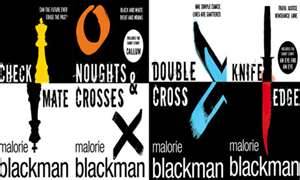The Value of Love by Carol Naylor
courtesy of dricons.com Vows made, rings exchanged, hearts fluttering. We made a lifelong promise to cherish each other, Hopeful it would blossom and flourish in eternal bliss. Love, a precious gift. But ours was wrapped in cellophane Like a shapeless bundle of clay, suffocating Every breath of life from its lungs, Draining the blood from its veins, Reducing this gift to a limp reminder Of its former power of creation, its glory. Guaranteed for seven days they should have said, The price of love, not worth more nor less Than just a bunch of flowers, reduced, Almost given away for nothing, the value of love? It should have been priceless not worthless. courtesy of 1...






















